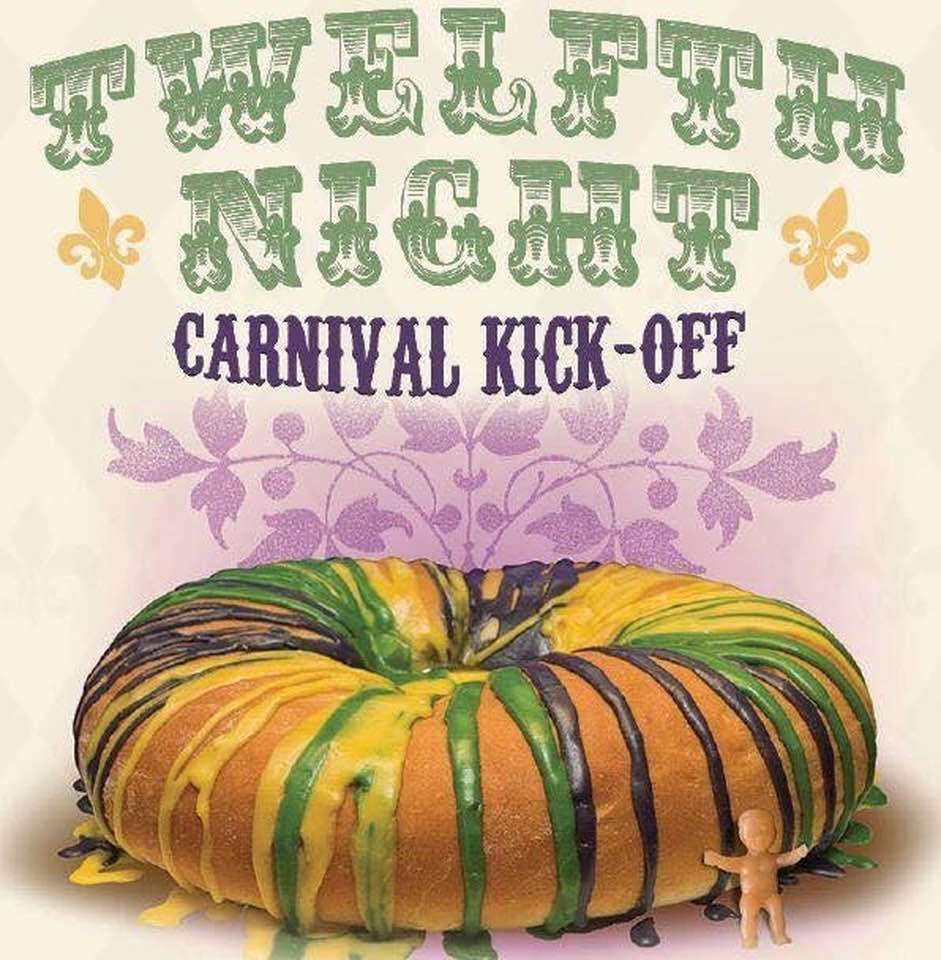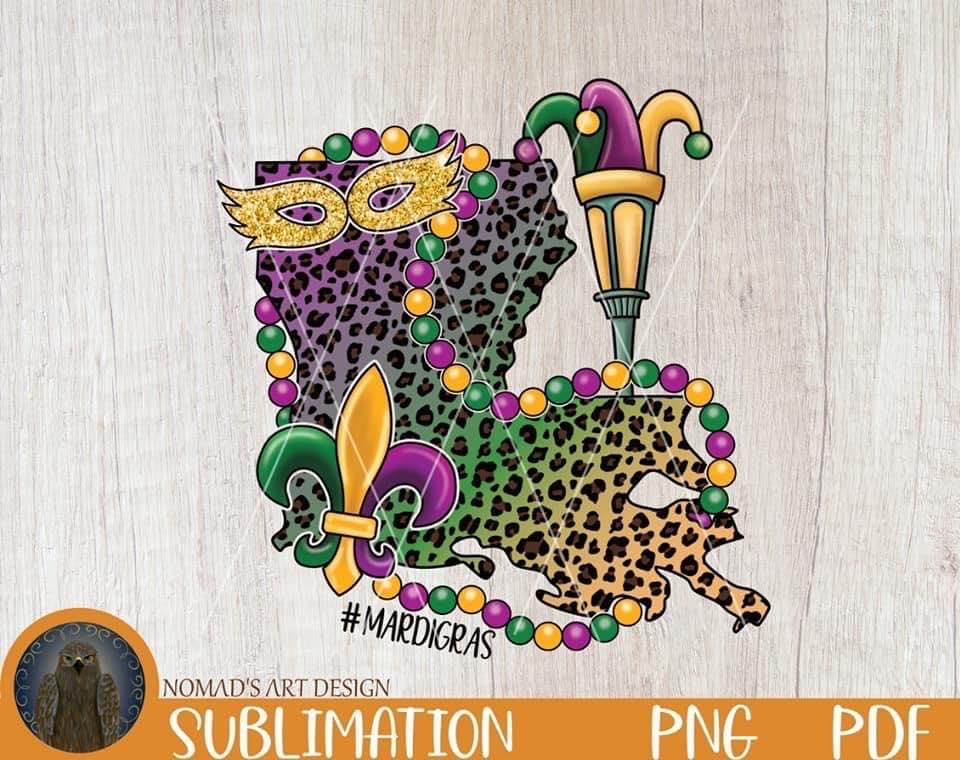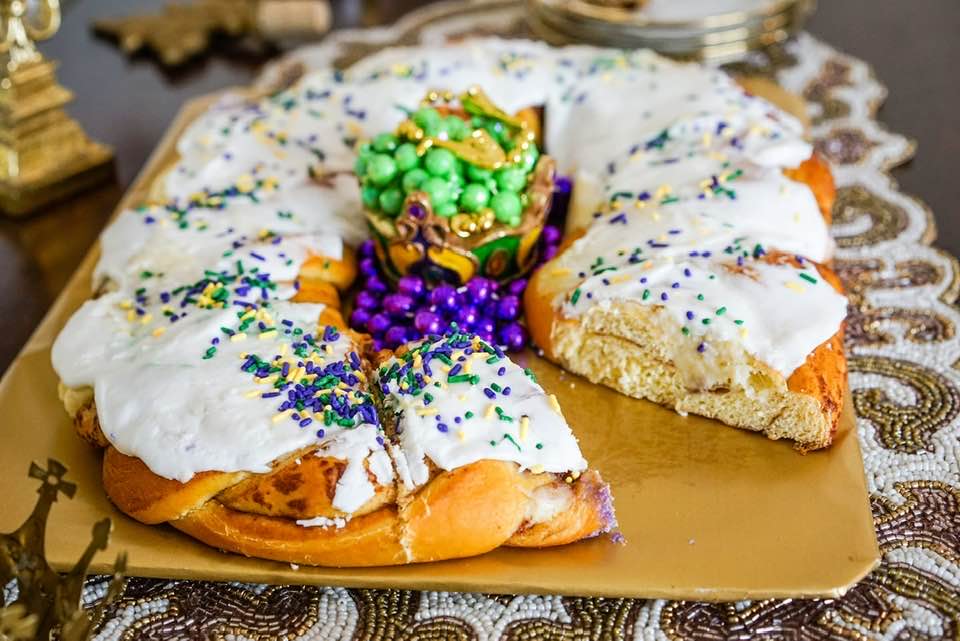
Twelfth Night

Twelfth Night, celebrated on January 5th, has many traditions, including:
Removing decorations: A superstition in some English-speaking countries is that it’s unlucky to leave Christmas decorations up after Twelfth Night.
Some say that decorations should be taken down and burned to avoid bad luck for the coming year.
Eating king cake: Also known as Three Kings’ cake, this is a popular tradition on Twelfth Night.
Singing: Christmas carols are often sung on Twelfth Night.
Chalking doors: A tradition in Elizabethan England was to deface doors with chalk on Twelfth Night.
House blessings: It’s customary to have one’s house blessed on Twelfth Night.
Church services: Attending church services is a tradition on Twelfth Night.
Giving gifts: Some children receive gifts on Twelfth Night, representing the gifts given to the baby Jesus by the Three Wise Men.
Winter swimming: Some people swim in the winter on Twelfth Night.
Plays: Shakespeare’s Twelfth Night (or What You Will) is thought to have been performed on Twelfth Night in Tudor times.
Characters: Characters from popular literature and plays were often used in Twelfth Night celebrations. Some common characters were Sir Gregory Goose, Sir Tumbelly Clumsy, Miss Fanny Fanciful, and Mrs. Candour.
Parties: Twelfth Night parties were often filled with jokes, food, and games.
Misrule: Twelfth Night evenings were often filled with misrule, where rules were turned upside down and gender roles were reversed.




